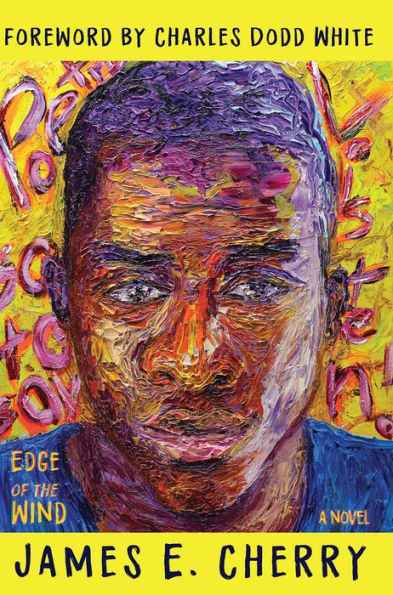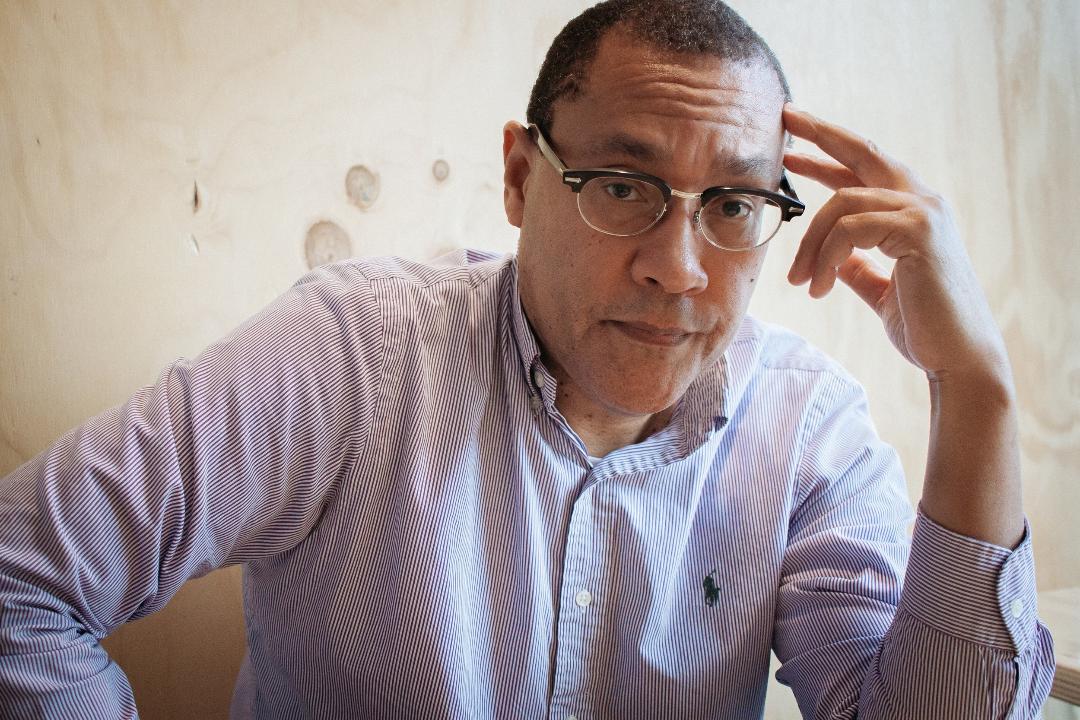James Cherry
KIMBILIO FELLOW AND AUTHOR
James E Cherry is the author of seven books: a collection of short fiction, two novels and four volumes of poetry. His latest collection of poetry, Between Chance and Mercy, was published in April 2024 from Aquarius Press/Willow Books. His prose and poetry have been featured in numerous journals and anthologies both in the U.S. and abroad. His Novel, Edge of the Wind, was re-issued in 2022 from Stephen F. Austion University Press.
Cherry has been awarded a fellowship from the Martha Vineyard Institute of Creative Writing, Kimbilio for Black Fiction and has been nominated for an NAACP Image Award and a Lillian Smith Book Award. He was a finalist for the Next Generation Indie Book Award for Fiction as well as Foreword Reviews Book of the Year Finalist for Fiction. Cherry has an MFA in creative writing from the University of Texas at El Paso. President of The Griot Collective and founder of The Jazz Foundation of West Tennessee, he lives in Tennessee.
Five Questions for JAMES E CHERRY
What came firs for you--setting, plot, characters? How did this help you develop the rest of the story?
They all came together simultaneously. The novel is based on a true incident that took place in rural west Tennessee. In that case, a young black man took a math class hostage. I flipped the script and added literature, race, relationships. But the stage was already set when I got there.
What’s your idea of a good writing day?
Being alive works for me. Just being able to move through the world each day and to slow down enough to listen and observe my surroundings always provides me with material to enhance or jumpstart my writing, whether it be poetry, fiction or creative non-fiction. I don’s subscribe to the idea of writer’s block. The best ideas come from the things we consider pedestrian. If nothing else, you can always write about having writer’s block.
What is you favorite and least part of publishing?
I’ve experienced both ends of the spectrum. My first novel, Shadow of Light, was published in the U.K. and at that time, Serpents Tail Press, treated the book as a priority with editors, publicity, interviews. the whole nine. On the other hand, I’ve dealt with publishers who treated the book as an afterthought. I’m just grateful they didn’t forget to put my name on the cover.
Name three authors you admire and describe why?
Which teacher are you most excited to share the news about your new book and why?



